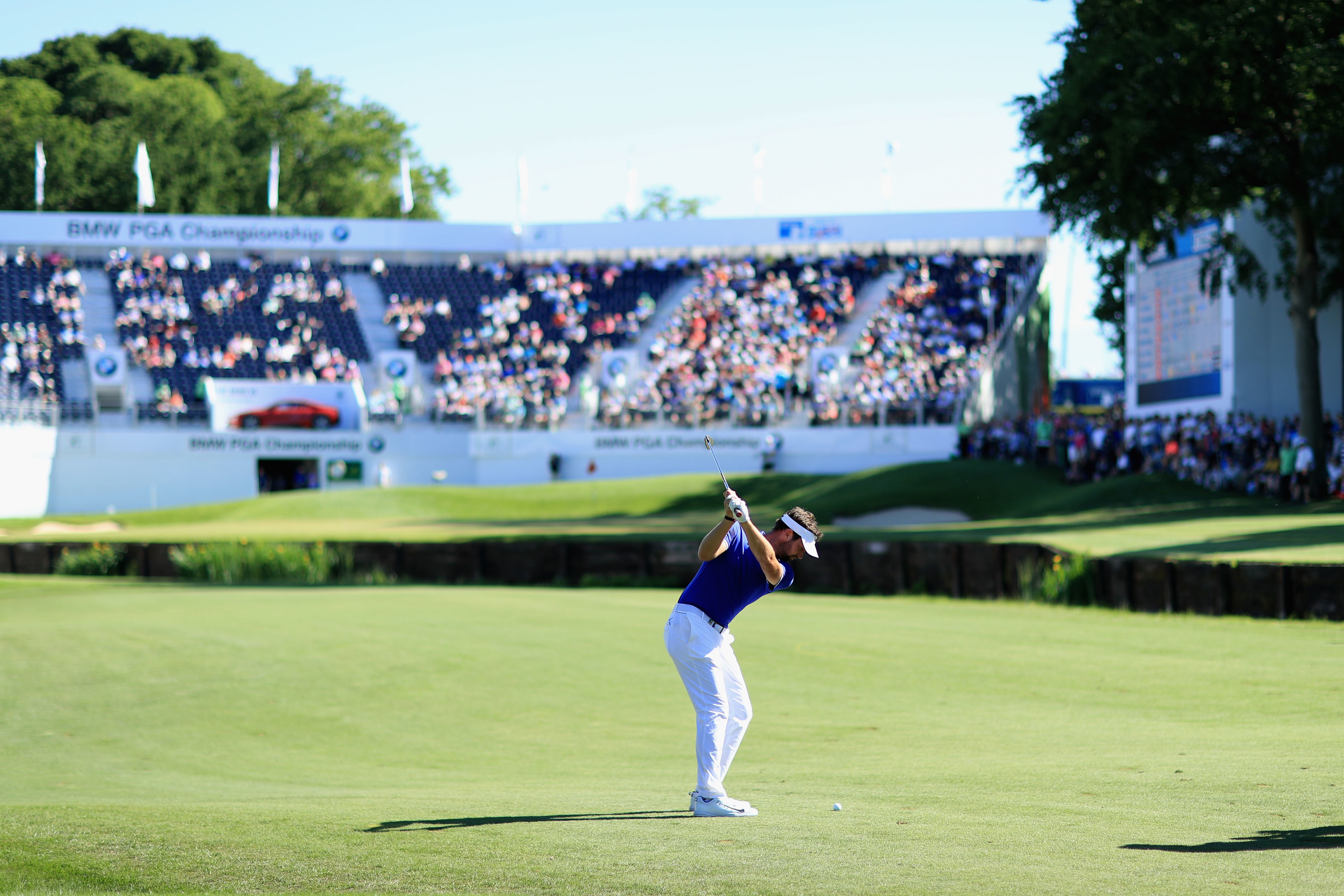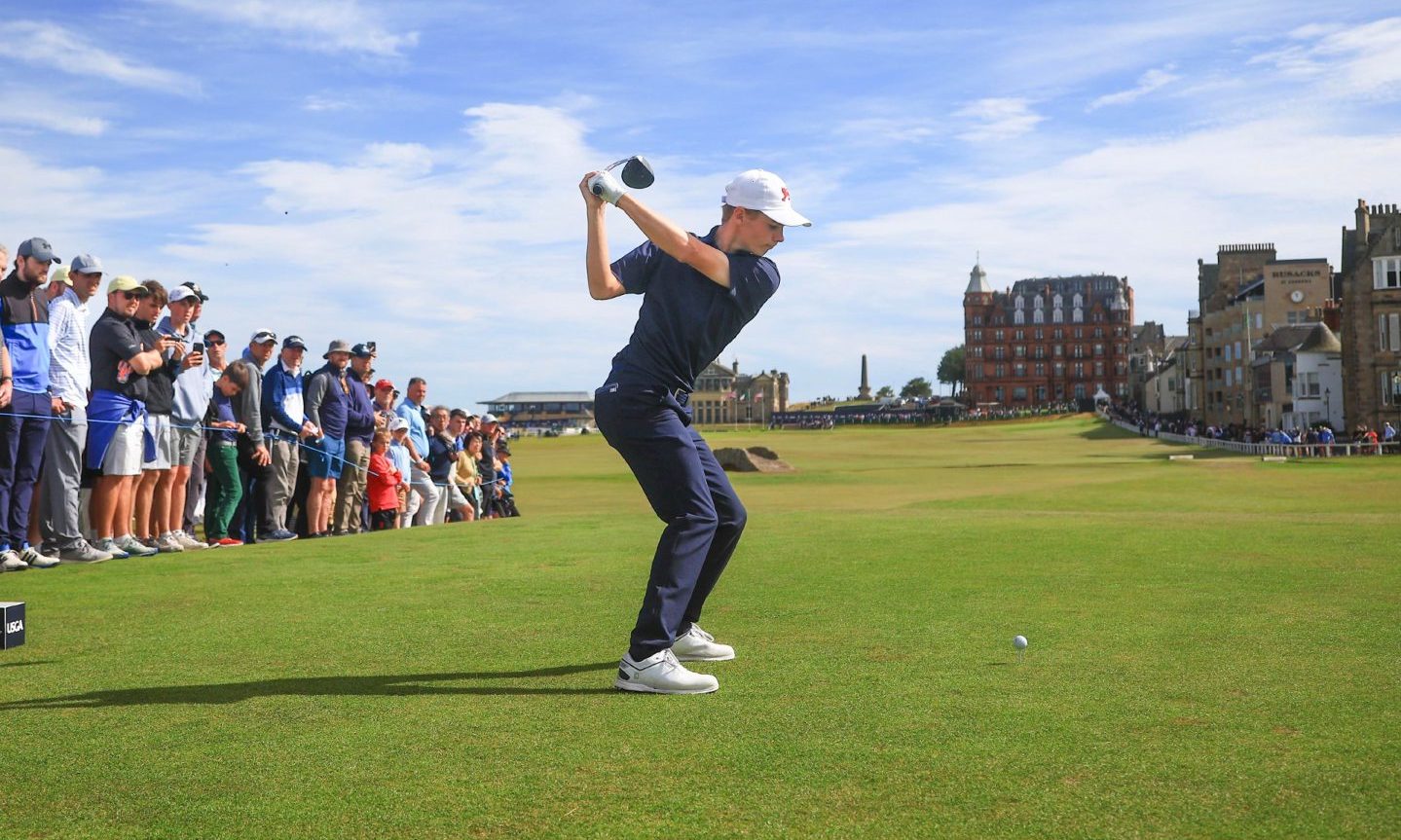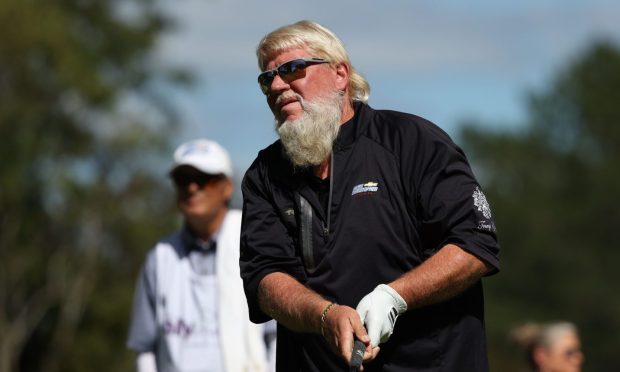The European Tour will penalise golfers strokes for more than one breach of their slow play regulations in a new move to get tough in one of the premier issues in the sport.
From the 2020 season, the tour will penalise a stroke for two “bad times” in the same round. Those time allowances for shots are also being reduced, with the current system of fines being updated with more severe financial penalties for repeat offenders.
The move to impose stroke penalties is the headline measure in a four-pronged policy package aimed at dealing with slow play.
While the issue has been in focus in the last two weeks after the high-profile incidents at the PGA Tour’s Northern Trust event in the USA involving Bryson DeChambeau, the European Tour were stressing this new package of measures has been three months in the making, and led by the tour’s senior player representatives.
The Tournament Committee, which is made up of senior players voted by their peers, requested the officials come up with a series of new measures back in May. They considered their findings at a meeting in July and approved the four-point plan last week.
Tournament Committee Chairman David Howell, the former BMW PGA champion and Ryder Cup player, said: “There is no doubt that pace of play is a hot topic in golf and as players we were keen to explore ways to address these issues in various areas.
“We have had some very interesting and robust debates in the process of agreeing the new initiatives.
“But with a combination of education, deterrents, technology and modifications to the fields, we believe we have arrived at a set of fair and proportional measures to improve the experience for everyone involved in the game.”
Under the old regulations, players would have to have as many as four “bad times” before any shot penalty was imposed. Players will have the option for one “time extension” for shots they consider require more time than the stipulated 40 seconds to assess.
As well as stiffening the penalites for slow play, the tour plans to monitor pace of play in real time by using technology it will pilot at the BMW PGA Championship next month.
The new system will provide referees with the precise times for every group through every hole. On-tee displays linked to the system will also provide the players instantaneous information on their position in relation to the group in front.
If it proves as successful as they anticipate, the Tour plans to roll out the system using further technological developments to “a significant number of tournaments” on the European Tour, the Challenge Tour and the Staysure Tour in 2020 and beyond.
Acknowledging that sometimes pace of play is due to unforeseen and unavoidable delays , the tour will also reduce field sizes from the traditional 156 players to 144 where possible, which should also help the general pace of play.
An education programme will also be launched for new and existing players.
Keith Pelley, Chief Executive of the Tour, said: “We are already at the forefront of pace of play management in the professional game, but after being mandated by our Tournament Committee to be even firmer in dealing with this issue, the time was right to take these additional steps.
“I believe the plan we are implementing for the 2020 season will bring about meaningful change that will make golf even more enjoyable for the players and our fans, whether they are at the course in person or watching on television.”
The PGA Tour is considering additional measures to their pace of play policy in response to recent instances, specifically involving DeChambeau, who won on the European Tour at Dubai earlier this year.
Commissioner Jay Monahan has previously stated that he did not consider the pace of play on the Tour to be an issue that required action.




